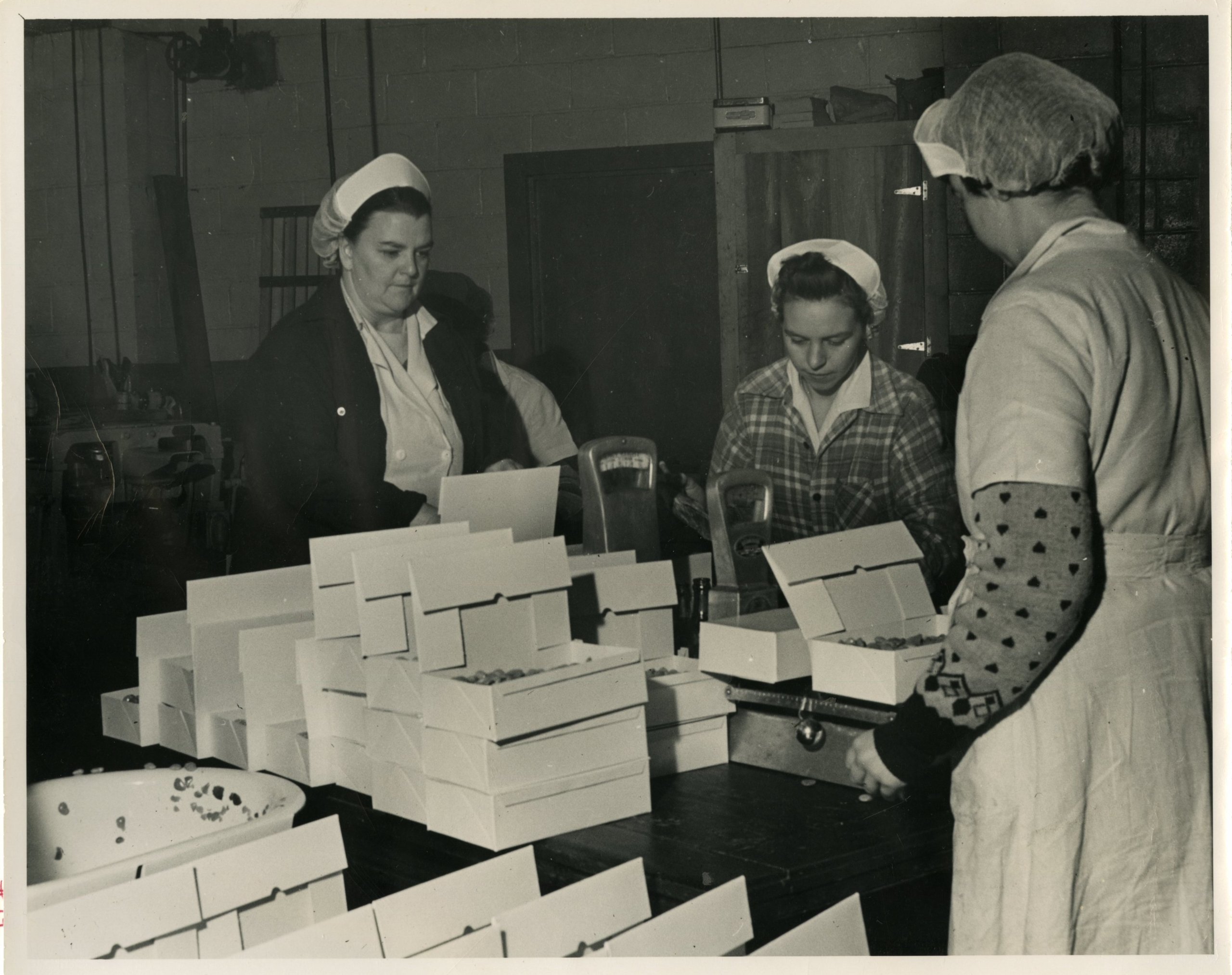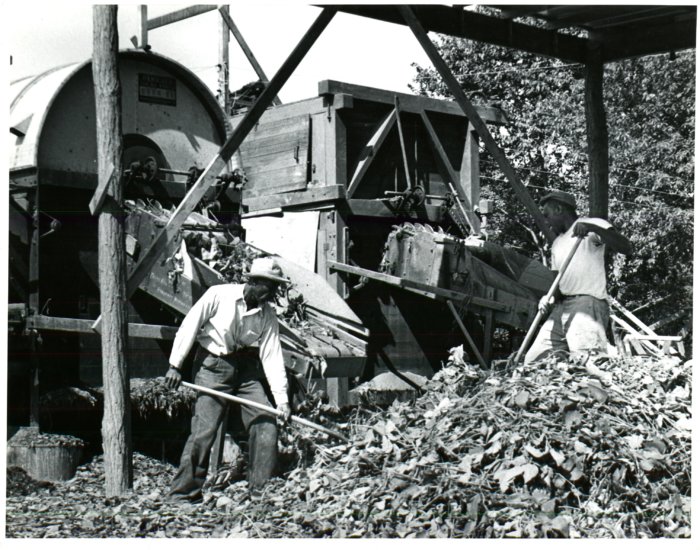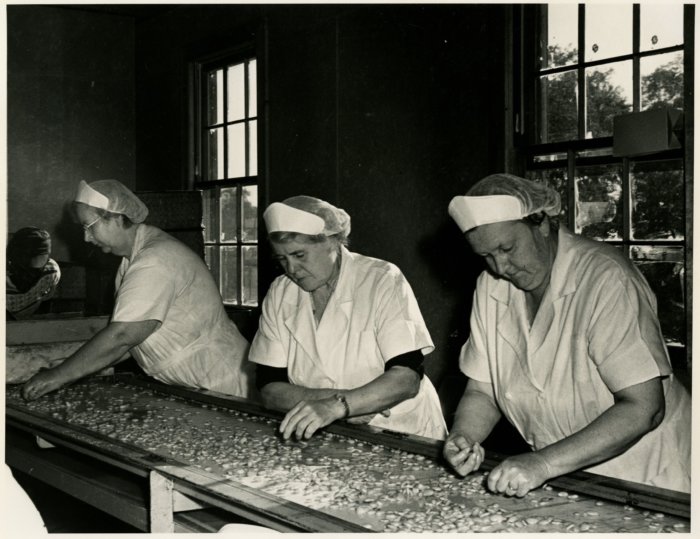There’s Never Bean Such A Musical!

That’s right. A musical. About lima beans. You love them, you hate them. You know they’re good for you.
But did you know that for a brief, shining moment on Shelter Island in the mid-20th Century, there was a thriving Lima bean factory? And that it had a fascinating history of incredible success followed by a rapid and tragic decline?
So, what to do with this information?
Well, if you’re Lisa Shaw, you write a musical about it.
That’s right — A Hill of Beans: A 1950s Shelter Island Story is coming to the Shelter Island Historical Society in late July. All singing, all dancing.
But as comical as the concept may sound, the story behind it isn’t all Jolly (as in that Green Giant fellow). Shaw prefers to take a more (ahem) Bird Eye view of it.
The Shelter Island Historical Society’s website reads: “In 1949, a lima bean cooperative was formed by a group of local farmers and one very savvy New York barrister. A story of cooperation, innovation and determination, with some love and drama mixed in.”
Read Dan’s own special version elsewhere in this issue. He takes some Libby—I mean, liberties.

Lisa, what was it about this story that drew you in?
The comical moments in the historical narratives jumped out as well as the fact that so much drama happened within a short time span, such as the inception of the idea of the co-op in 1950 and its demise in 1954, as well as the money each farmer invested in the original plant (10 farmers at $3,500 each) and then quickly lost.
You said you had relatives who were involved. Have other people come forward and offered anecdotes that you’ve incorporated into the musical?
The plant employed many Islanders during this time—high school students worked there after school, farmers were able to expand their crops because of the agricultural efficiency the plant permitted, hired hands came up from the South, women found well-paying jobs. It was a real boon to the Island economy.
I grew up with anecdotal references to “the beanery,” as it was such a huge part of the community memory, but never fully understood its impact, which was fascinating to research.
Most of the characters were so influential in my generation’s childhood as it was and in many respects, still is, such a small town so everyone knew, interacted with and depended on one another in industry, small businesses, politics and social circles.
The story was always there, we just mined the details and reframed them into play form, with literary license of course. There’s a love story in the middle of it.
We’ve heard many more anecdotes that we would love to include but it would mean a few more rewrites and there’s just not the time to include them.
At the peak of its success, about how many bushels of beans were going out?
At the peak, according to archived narratives, 800,000 pounds of beans per year, or 500 pounds per acre at 1,576 acres or thereabouts were harvested, packed, shipped and distributed by brands such as Bird’s Eye, Libby, and Seabrook.
What was the trifecta which destroyed the business in such a short time—hurricanes, blights, and debt?
1954 was an “historic” hurricane year and in August, Hurricane Carol was the first ferocious storm that drowned fields of plants and downed power lines, thereby cutting electricity to freezers full of packaged beans and stopping ferry transport service. The financial loss was crushing.
Mexican beetles and blight both took a toll on the crop yields but were managed, so it was the hurricane that really did the industry in. The plant didn’t immediately close, however the two subsequent hurricanes which hit within the next couple of months further contributed to crop and plant damage. The plant closed in 1955, most likely—though I haven’t found conclusive corroboration—a matter of the farmers not being able to pay the loan after the hit of Carol.
What do you hope the audience walks away with?
The take-away is for the audience to learn in an entertaining and fun way about an industry which was so important to the Island and the age-old story of community resilience and recovery—a beautiful hope.

A Hill of Beans is running the weekend of July 23, Friday-Sunday, at 5:30 p.m., with rain dates for the following weekend. Only lawn seating available. Bring your own chair, blanket, and picnic. Please, no pets. For more information, visit shelterislandhistorical.org.



